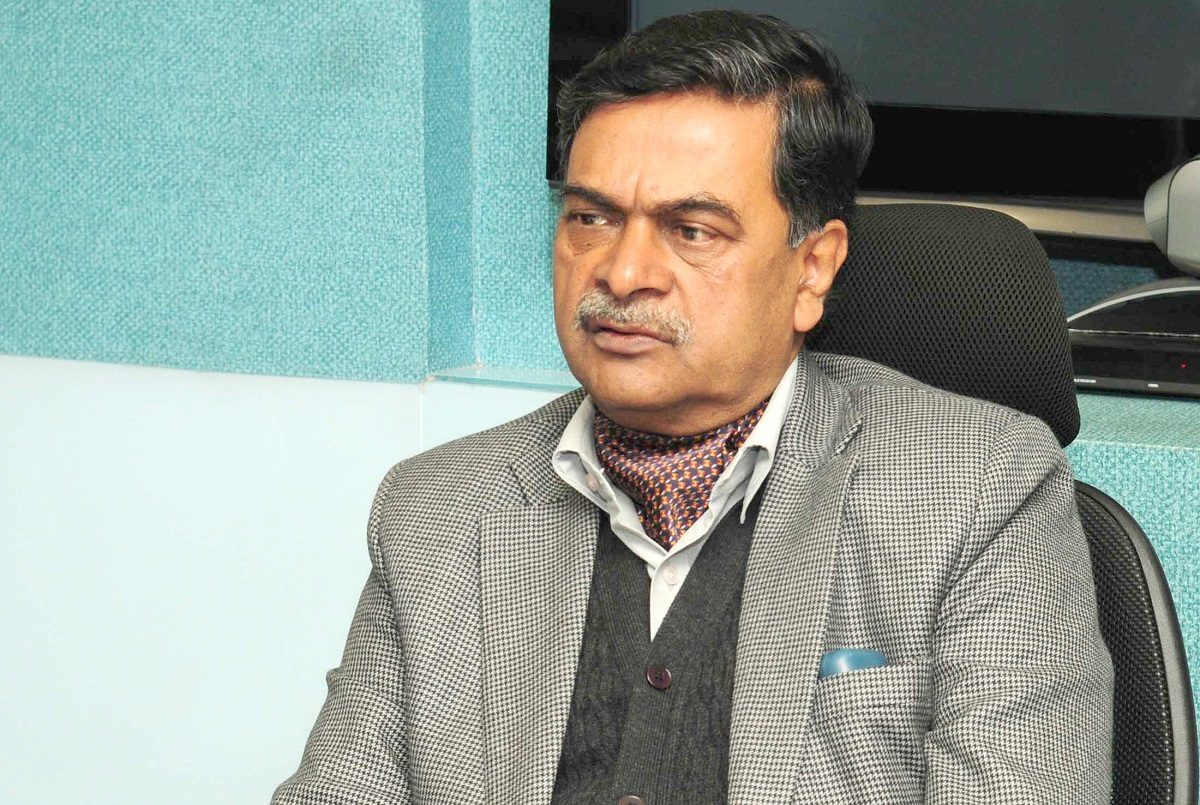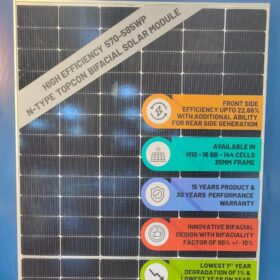The government of India, through its MNRE, has issued a memorandum, dated February 20, titled “Penalties for violation of norms of Domestic Content Requirement (DCR) under solar PV power projects under MNRE’s Schemes/Programs.” The announcement was published today, February 22, by the MNRE.
Market insiders speculate that the decision was taken after imported solar cells and/or modules being passed off as domestically-manufactured products, were reportedly found in DCR projects.
To put a halt to this practice, the MNRE has decided, with the approval of R K Singh, Ministry of Power and MNRE head, that the following actions shall be taken by either the MNRE or any agency acting on behalf of the MNRE:
- The filing of criminal case under Indian Penal Code (IPC) 420 (Cheating & Dishonesty) & related sections;
- Blacklisting of the developer for 10 years;
- Forfeiting of relevant bank guarantee(s); and
- Disciplinary case against the officers of the concerned CPSU/State Government.
To encourage domestic manufacturing of solar PV cells and modules, the Indian Government introduced a DCR policy in 2010. The WTO has strict DCR guidelines, however, and projects must comply with these, or risk being scrapped, as happened yesterday, when the Indian Government announced it would remove remove DCR from its Batch-IV, Phase-II Scheme.
This decision came on the back of months of controversial toing and froing between the U.S., which accused India of flouting the DCR rules, and the WTO, which subsequently investigated the accusations.
This content is protected by copyright and may not be reused. If you want to cooperate with us and would like to reuse some of our content, please contact: editors@pv-magazine.com.








By submitting this form you agree to pv magazine using your data for the purposes of publishing your comment.
Your personal data will only be disclosed or otherwise transmitted to third parties for the purposes of spam filtering or if this is necessary for technical maintenance of the website. Any other transfer to third parties will not take place unless this is justified on the basis of applicable data protection regulations or if pv magazine is legally obliged to do so.
You may revoke this consent at any time with effect for the future, in which case your personal data will be deleted immediately. Otherwise, your data will be deleted if pv magazine has processed your request or the purpose of data storage is fulfilled.
Further information on data privacy can be found in our Data Protection Policy.